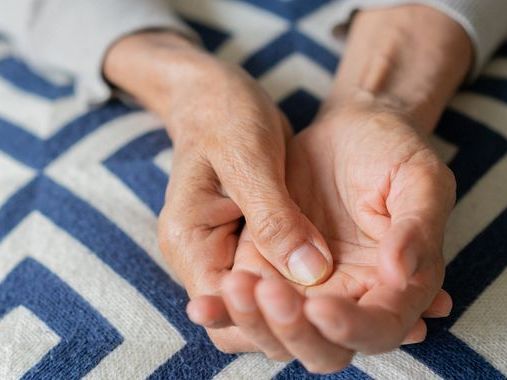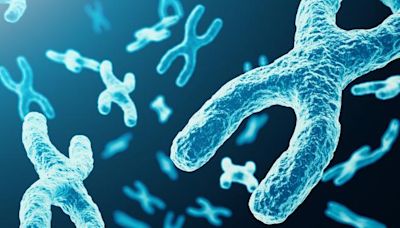Search results
Apr 5, 2024 · Symptoms often begin on one side of the body and usually remain worse on that side, even after symptoms begin to affect the limbs on both sides. Parkinson's symptoms may include: Tremor. Rhythmic shaking, called tremor, usually begins in a limb, often your hand or fingers.
Parkinson's disease (PD), or simply Parkinson's, is a long-term neurodegenerative disease of mainly the central nervous system that affects both the motor system and non-motor systems. The symptoms usually emerge slowly, and as the disease progresses, non-motor symptoms become more common.
Parkinson’s disease is a brain disorder that causes unintended or uncontrollable movements, such as shaking, stiffness, and difficulty with balance and coordination. Symptoms usually begin gradually and worsen over time.
Empowering Lives, Enhancing Care. To promote awareness and understanding of Parkinson and related disorders by educating patients, caregivers, and their communities, and by supporting them holistically in their journey with Parkinson.
Jun 14, 2022 · Parkinson disease (PD) is a brain condition that causes problems with movement, mental health, sleep, pain and other health issues. PD gets worse over time. There is no cure, but therapies and medicines can reduce symptoms.
Apr 15, 2022 · Parkinson’s disease is a very common condition, and it’s more likely to happen to people as they get older. While Parkinson’s isn't curable, there are many ways to treat this condition. They include several different classes of medications, surgery to implant brain-stimulation devices and more.
Key facts. Parkinson's disease occurs when the nerve cells in your brain don't make enough of a body chemical called dopamine, which affects your movement and mood. Common symptoms may include tremors, muscle stiffness, slowing of movement and posture changes, but confirming if you have Parkinson's can take time.
Jan 8, 2024 · Parkinson’s disease (PD) is movement disorder of the nervous system that gets worse over time. As nerve cells (neurons) in parts of the brain weaken, are damaged, or die, people may begin to notice problems with movement, tremor, stiffness in the limbs or the trunk of the body, or impaired balance.
While Parkinson’s itself is not fatal, disease complications can be serious. The Centers for Disease Control and Prevention (CDC) rated complications from PD as the 14th cause of death in the U.S. The first step to living well with Parkinson’s disease is to understand the disease and the progression.
Parkinson's disease is a condition in which parts of the brain become progressively damaged over many years. Symptoms of Parkinson's disease. The main symptoms of Parkinson's disease are: involuntary shaking of particular parts of the body slow movement; stiff and inflexible muscles





